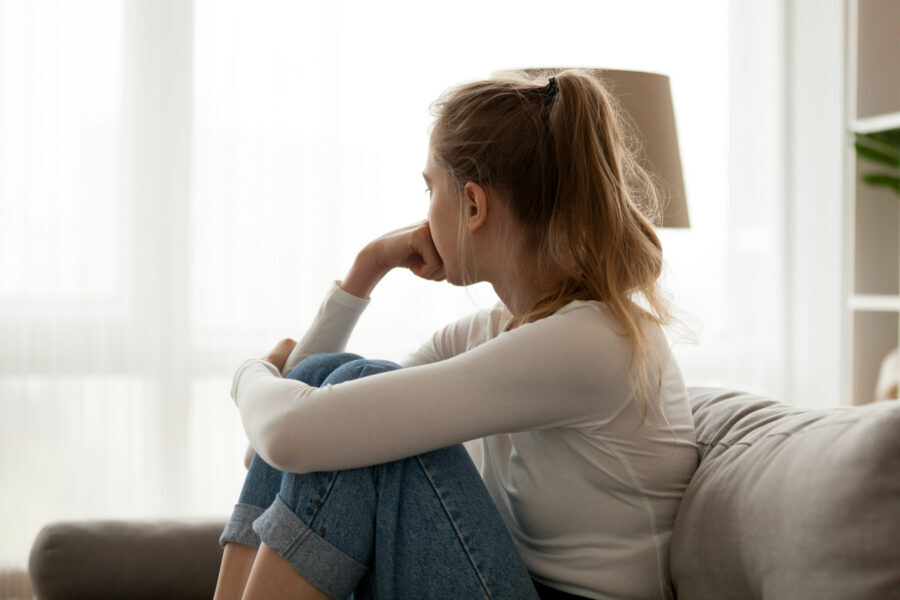California is Now Allowing Mental Health Days as Excused Absences
California is among twelve states that now allow students to take “mental health days” as excused absences, as reported by Today.
While some adults worry that teens will abuse the policy, mental health experts are encouraged by the step forward and stress that the benefits outweigh the risk of misuse.
Dr. Christine M. Crawford of the National Alliance on Mental Illness (NAMI) notes, “If schools see a pattern in which the student exceeds the allotted number of mental health days that really signals to the school that perhaps a student requires more mental health support.”
States have adopted this policy in response to a genuine crisis in teen mental health, she explains. The American Academy of Pediatrics and other groups have issued a joint declaration of a “national state of emergency” in youth mental health.
About one in five teens experience an episode of major depression, the Centers for Disease Control and Prevention (CDC) reports. During the pandemic, youth mental health worsened significantly: “in 2020 children requiring emergency mental health services increased by 24% for those aged 5 to 11 and 31% for children aged 12 to 17, compared to the prior year.”
U.S. Surgeon General Vivek Murthy issued an advisory warning about youth mental health in late 2021: “Even before the pandemic, an alarming number of young people struggled with feelings of helplessness, depression, and thoughts of suicide — and rates have increased over the past decade.”
“When it comes to mental health conditions, such as depression and anxiety, those are also medical conditions that can interfere with anyone’s ability to function at work and at school,” Crawford explains.
Dr. Deborah Gilboa stresses that taking mental health days can help children discuss tough feelings before they become clinical. It’s often hard for students “to express that they’re struggling before they get to a full-blown crisis.”
She talks about “mental distress” as a temporary bout of depression-like symptoms like you might experience if you lost a family pet. Oftentimes, children can overcome it, although it might be helpful to talk to a therapist. But it is real and should not be discounted.
“If I woke up with a fever, we’d say … you should be excused from your regular obligations,” Gilboa explains. “The same thing is true of mental distress.”
“The whole purpose of mental health days is to recognize and to acknowledge the fact that these symptoms from these mental health-related conditions can interfere with a young person’s ability to be fully present in school,” Crawford adds.
She encourages parents to allow children to take a day off if they are feeling overwhelmed, not only if they have a medical diagnosis.
“If you are mentally unwell that’s going to make you physically unwell and unable to fully engage in the entire school day,” Crawford said. “If you are always operating at a sub-optimal level, you don’t have a chance to re-charge your battery so that you can be fully present and engaged in the classroom.”
Taking time off can even avert conditions from worsening. Crawford notes that many people do not realize that “It only takes two weeks of experiencing symptoms of low energy, poor sleep, poor concentration and having negative thoughts about yourself … to meet criteria for a depressive episode.”
Finally, taking mental health days helps normalize mental health and reduce the stigma around mental wellbeing. At the most basic level, says Crawford, “there’s no need to feel guilty about taking care of yourself.”
Read the full article here.
Holohan, Meghan. “Mental health days are the new sick days for students – and schools are OK with it.” Today, 29 July 2022, https://www.today.com/parents/parents/mental-health-days-students-school-rcna40320.



